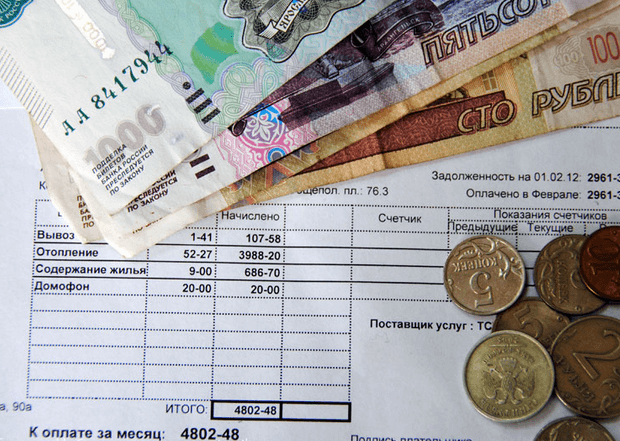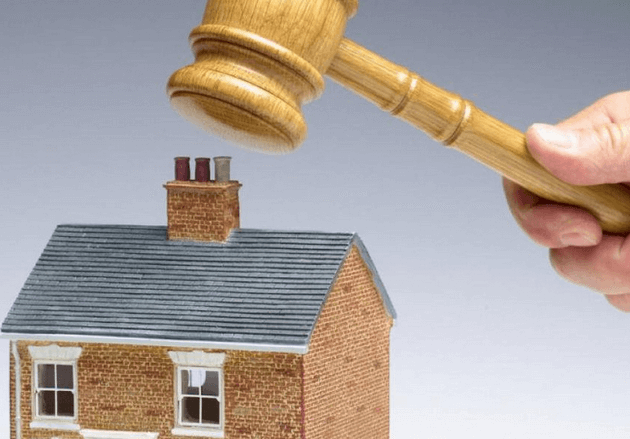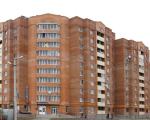Maintenance of shared ownership or how to divide a personal account in a privatized apartment
According to the general rule, determined by the current one, each owner is obliged to maintain his property.
With regard to residential premises, the right holder pays utility bills, as well as other expenses.
But the apartment can be owned by several people, and then, according to the letter of the law, they must jointly maintain such property. This issue is usually resolved by mutual agreement.
But how to divide a personal account in an apartment if there is no mutual understanding between the owners?
Article navigation
Ownership of an apartment in shares: the concept and general principles
After privatization, which took place over the past two decades, a lot of real estate objects that are in shared ownership have appeared in our country. The main objective of this process was the transfer of residential premises that were previously administered by the state or municipality to the sole possession of citizens.
In cases where at the time of privatization several people were registered in the apartment, such housing became the common shared property of all residents.
This type of property ownership assumes that the costs of paying for a communal apartment, major repairs, and other payments are paid by all participants in the common property. The distribution of the burden of maintenance occurs according to the shares of each in the right to an apartment.
In most cases, payment of all expenses occurs by agreement of all owners, since they are basically one. But due to certain life circumstances or a disagreement between the owners, the payment procedure may change, which will entail a division of the costs.
The concept of a personal account and the possibility of separate payment
A personal account is opened for any residential premises. In cases where the maintenance of an apartment building is carried out by a management company or an HOA, an account is opened for all payments and a single payment receipt is issued. There are also situations when there are separate personal accounts for water, gas, electricity, etc.
As a rule, the following data is included in the financial and personal account:
- address of the property
- information about the apartment - the area of \u200b\u200bthe premises and its purpose (residential or auxiliary), the number of rooms
- information about copyright holders and their shares
- family size
- availability of payment benefits
Based on the specified data, the service organization generates a payment receipt. It should be noted that such an invoice is issued for the apartment as an integral object, and not for an individual owner.
It is assumed that in the case of shared ownership, the owners themselves distribute for maintenance, therefore, a single document is issued for payment of utility and other expenses. In this regard, it is necessary to distinguish between the concepts of a personal account and receipts for payment.
It is important to know that the current legislation does not directly provide for the section of personal accounts. At the same time, it is possible to issue several payments, where the amount of expenses of each right holder will be determined, in proportion to the part of his property.
Thus, the division of payment for utility bills is possible only in the case when the apartment has several owners. The amount of such expenses is determined either in a share ratio (as a general rule), but can be divided on the basis of an agreement.
The burden of maintaining housing under the agreement

Since it is impossible to divide a personal account, it is possible to obtain a separate account, on the basis of which each owner, in proportion to his share, will bear the burden of maintaining the common property.
Sharing utility bills

In cases where one of the owners does not want to share the burden of expenses or opposes the division of accounts, the other owner has the right to protect his rights and interests in court.
This can also happen if the parties disagree with the invested procedure for using the apartment, and as a result, the amount of payments.
In this situation, the interested party applies to the court with a claim for the distribution of costs for payment and opening a separate account, and, if necessary, supplements with requirements for determining the procedure for using the apartment
The court, based on the size of the shares of the owners, the area of \u200b\u200bthe premises, the number of rooms, as well as other information, will determine the amount of payments.
However, it should be borne in mind that if the apartment is one-room, then it is impossible to determine the order of use - the court will only redistribute the costs of its maintenance in accordance with the shares of the parties.
If one of the owners is registered at a different address, he must submit to the court a supporting document stating that utilities are paid elsewhere. This fact may affect the amount of the amounts awarded for housing maintenance.
In the event that at the time of filing a claim for payment of expenses for an apartment there is a debt, then the question of dividing the amounts in proportion to the shares of the owners can also be raised. But the demand for debt collection, if it is not paid, can only be presented by a service organization.
Section of the personal account in the presence of debt
The common property regime involves several right holders, but some of them may live elsewhere and not pay rent. The emergence of debt is also possible in case of evasion from incurring expenses, its unwillingness or in connection with financial difficulties.
Meanwhile, the presence of debt cannot be an obstacle to the separate payment of a communal apartment. If one of the owners leads an asocial or immoral lifestyle, then this is a good reason for other owners to open a separate account for paying expenses.
This is necessary so that in the future the bona fide owner does not become a party to litigation.
The question of how to divide a personal account in a privatized apartment with debts may also arise when the right of ownership has arisen, for example, in connection with the entry into the right of inheritance. According to the law, the debt will be divided among all heirs, according to their shares. They may also agree to share the debt in a different manner.
But if one of the owners does not pay expenses and does not plan to pay rent for the apartment, then the debt can be paid at the expense of other participants in the property. They, in turn, can apply to the court with a claim and recover the amounts paid from the debtor.
In the event that the amount of debt is equal to the value of a part of the debtor's property, then it can be foreclosed on it and repaid.
Despite the fact that the personal account is not subject to division, it is not forbidden by law to determine the amount of payment for each participant in the property separately. This will save the interests of both bona fide owners and the management company from malicious defaulters. A lawyer will tell you more about the section of a personal account:
Ask your question in the form below




